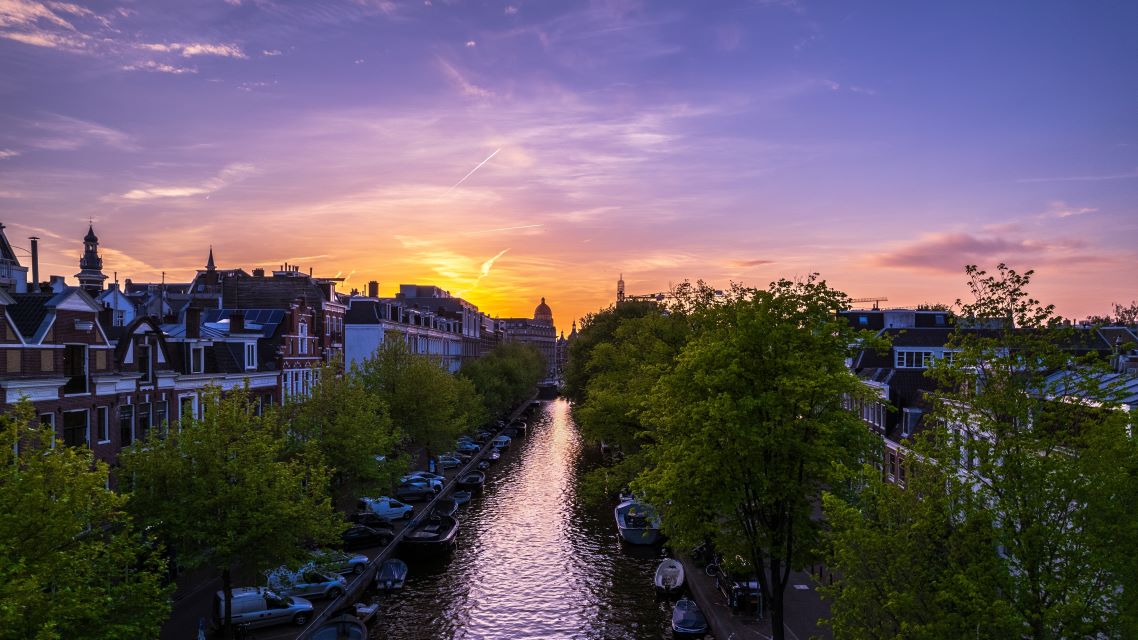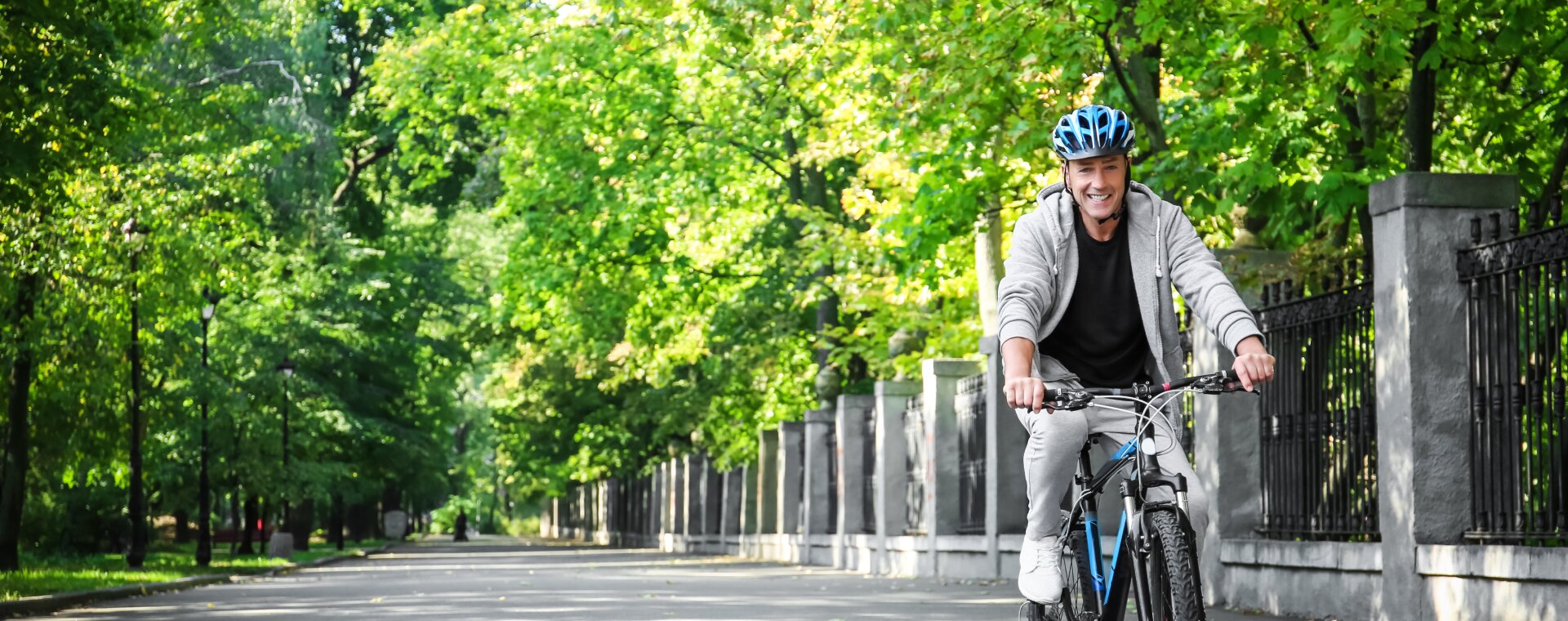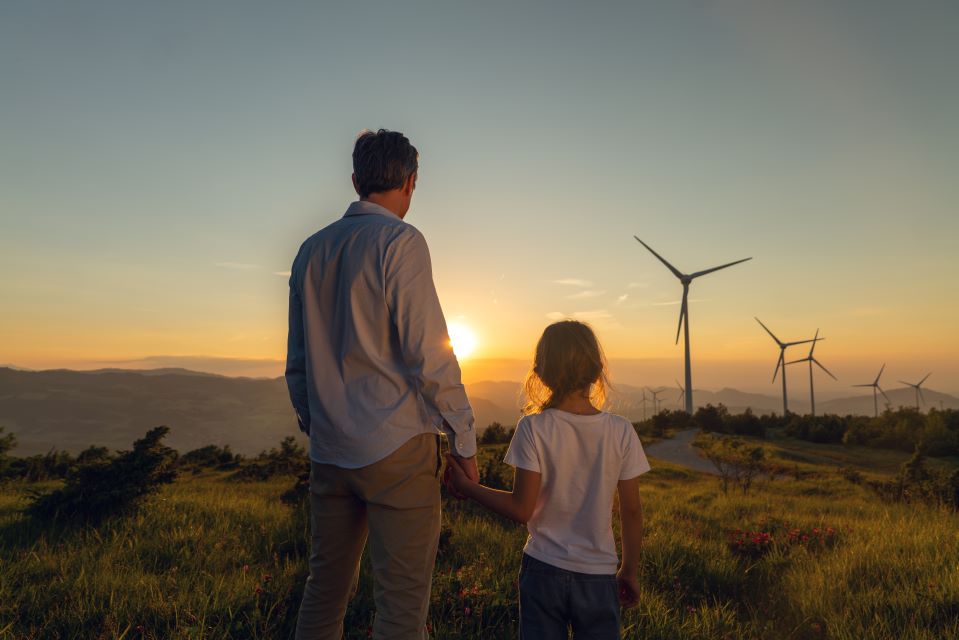Interview
Decarbonization
What measures can we take to ensure that all individuals are included in the energy transition?
-
Jilian Van Der Gaag
Senior Policy Advisor at the Municipality of Amsterdam
20 June 2024

Interview
Decarbonization
Jilian Van Der Gaag
Senior Policy Advisor at the Municipality of Amsterdam

Making the energy transition more inclusive is no easy task. If you want to drive a decarbonized vehicle, zero-emission cars are often more expensive, for example. So it's important to build a dialogue around this subject.
What we want is for people to try and give priority to other modes of transport. But if they need to get around, we want them at least to favor zero-emission vehicles: bicycles, electric bikes... Of course, these choices entail significant costs. We are also thinking about people with more limited economic resources, and we are considering subsidies or other types of assistance to ease the transition. We are also listening to citizens to identify problems and seek solutions.
 Interview
Borders
Interview
Borders
Elisabeth Kotthaus, head of Unit at the European Commission's DG Transport
 Interview
Social Cohesion
Interview
Social Cohesion
Sébastien Bailleul, Director of Institutional and European Relations at Wimoov
 Interview
Decarbonization
Interview
Decarbonization
Tim Asperges, Expert Advisor on Mobility for the city of Leuven
 Interview
Access
Interview
Access
Colin Scicluna, Head of Cabinet for the Vice-President of the European Commission for Democracy and Demography
 Interview
Climate
Interview
Climate
Democracy, mobility and climate change: what's next? Ulrike Guerot answers this question for The Mobility Sphere.

